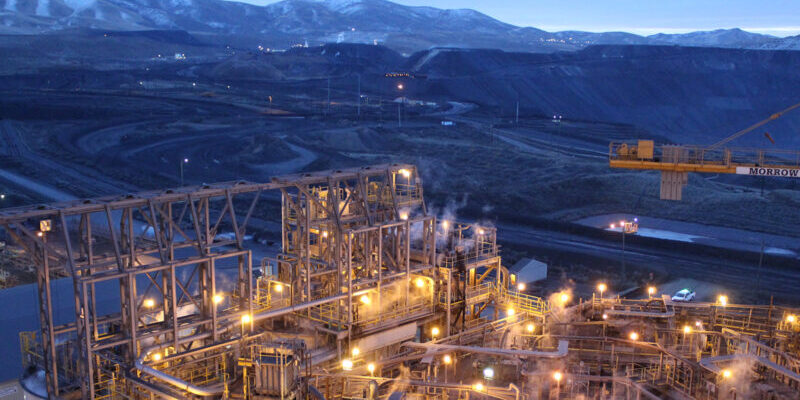Mali will partially lift its suspension on mining permits starting March 15, the country’s mines ministry announced Friday.
The West African nation, one of Africa’s top gold producers, halted the issuance of mining titles in November 2022 as part of efforts to improve the permitting process. In 2023, the government introduced a new mining code that increased taxes and granted the state greater stakes in mining assets.
The ministry said the suspension will be eased following “major work to clean up the mining register.” Authorities will now accept applications for the renewal of search and exploitation permits, transitions from search to exploitation, and the transfer of exploitation permits. However, the issuance of new mining permits and the transfer of search permits will remain suspended.
Concerns have grown over unregulated mining in northern Mali, where profits could potentially fund extremist groups operating in the region.
“Gold is by far Mali’s most important export, comprising more than 80% of total exports in 2021,” according to the International Trade Administration, a U.S. Department of Commerce agency. The sector provides income for more than 2 million people, over 10% of Mali’s population.
Mali ranks among Africa’s top three gold-producing nations, with major companies such as Barrick Gold, B2Gold, Resolute Mining, and Allied Gold operating in the country.
Tensions have risen between some mining firms and Mali’s military government, which has demanded compliance with the new mining code and additional payments. At least four employees of Canadian mining company Barrick were still in prison in Bamako at the end of last year. Authorities also seized three tons of gold from Barrick’s site and deposited it in a Bamako bank.

